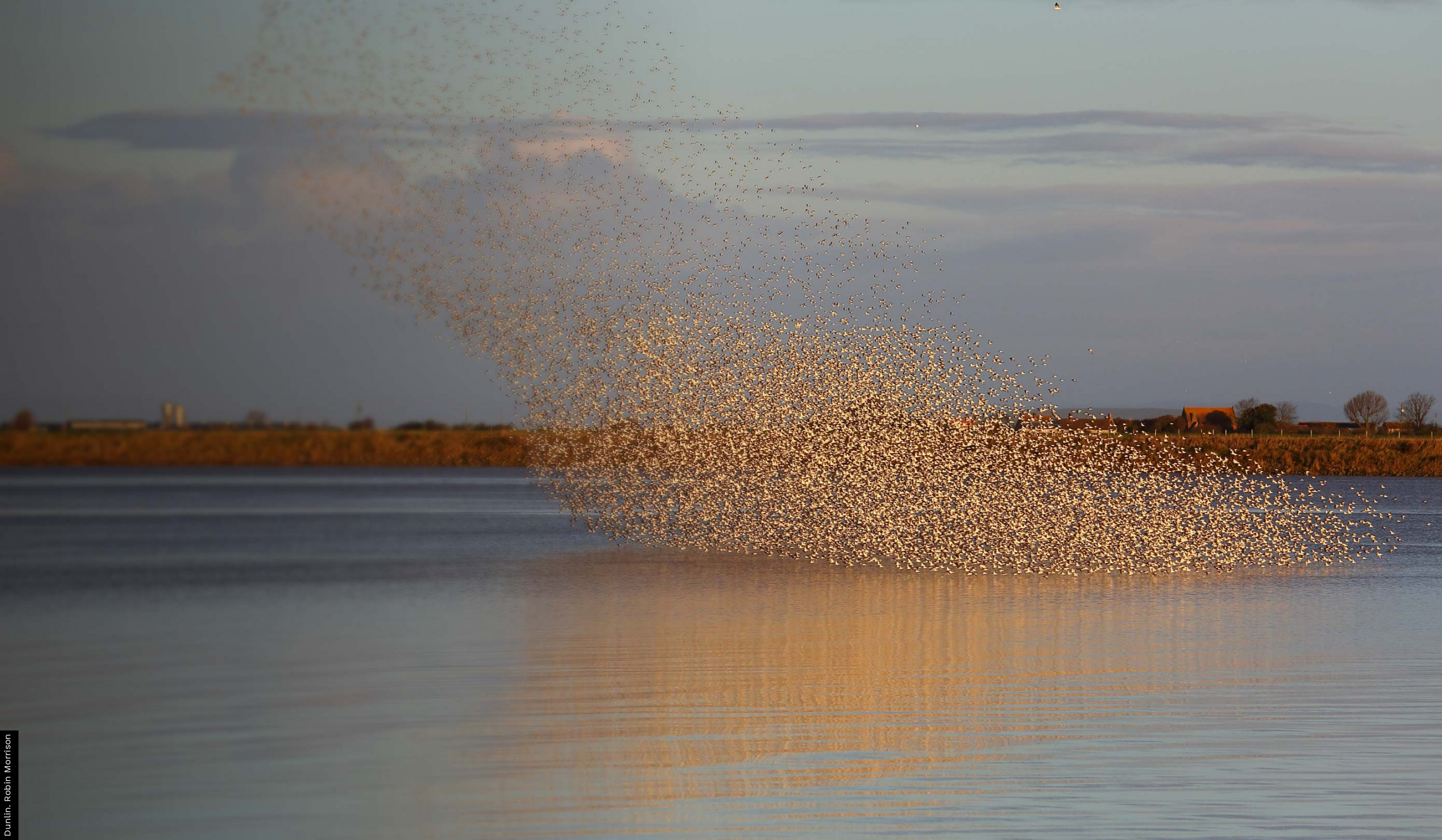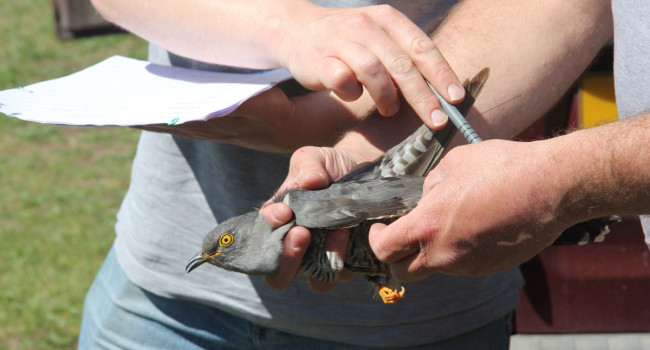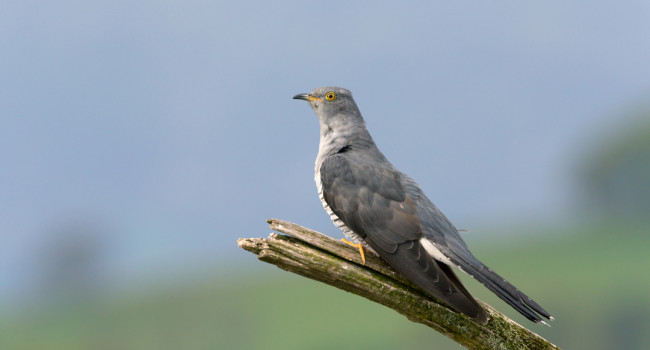Phil Atkinson
Head of the Framing Futures team, and Principal Ecologist
Phil is responsible for the portfolio of work in the Framing Futures team.
The focus of the team’s work is to use BTO’s science to track the impacts of, and inform responses to, future climate change, wildlife disease and other new environmental threats to the UK’s wild bird populations.
Interests & Responsibilities
Most recently, Phil’s research has focused on using existing and new datasets to assess the impact of the outbreak of high pathogenicity avian influenza on the UK’s wild bird populations.
His other recent research has focused on:
- African-Eurasian migrant birds;
- the restoration of wetland habitats in Belarus and Ukraine;
- the application of citizen science to a bat monitoring project in the Bailiwick of Guernsey;
- the cumulative impacts of offshore wind installations on seabirds.
Previous work has included:
- developing new methods of modelling migration routes of waterbirds and the associated risk of avian influenza incursion into the UK;
- responding to climate change in the coastal zone by understanding the issues concerning the creation and restoration of coastal wetland habitats (managed realignment);
- understanding the demographic implications of environmental change on bird populations (in particular the harvesting of shellfish);
- the extension of demographic models to estimate the total numbers of migrant birds passing through a site (turnover);
- using stable isotopes to study shorebird migration systems and the application of process-based (i.e. individuals-based) models to conservation issues.
Other Information
- Honorary Professor, School of Environmental Sciences, University of East Anglia
- Editor-in-Chief, Bird Conservation International
Qualifications
- BSc (Hons) Ecology, University of East Anglia. 1991
- PhD The wintering ecology of Twite Carduelis flavirostris and the consequences of sea level rise, University of East Anglia. 1996
- Honorary Professor, School of Biological Sciences, University of East Anglia.
Recent BTO Publications
2023.
Combining remote sensing and tracking data to quantify species’ cumulative exposure to anthropogenic change.
Global Change Biology
View at journal website (DOI: 10.1111/gcb.16974)
2023.
Spring arrival of the Common Cuckoo at breeding grounds is strongly determined by environmental conditions in tropical Africa.
Proceedings of the Royal Society B
290
Link to publication
View at journal website (DOI: 10.1098/rspb.2023.0580)
2023.
Landscape fires disproportionally affect areas of conservation priority but only under low moisture conditions.
Science of The Total Environment
884
View at journal website (DOI: 10.1016/j.scitotenv.2023.163849)
2023.
Highly pathogenic avian influenza in wild birds in the United Kingdom in 2022: impacts, planning for future outbreaks, and conservation and research priorities..
Research Report no. 752.
British Trust for Ornithology, Thetford
ISBN: 978-1-912642-47-2
92pp
2023.
Bailiwick Bat Survey 2022 Report.
Research Report no. 750.
British Trust for Ornithology, Thetford, Norfolk
ISBN: 978-1-912642-45-8
90pp
2022.
A review of the capacity of current avian monitoring schemes in Guernsey to assess the population status of breeding and wintering bird species..
Research Report no. 742.
British Trust for Ornithology, Thetford, Norfolk
ISBN: 978-1-912642-33-5
109pp







Share this page